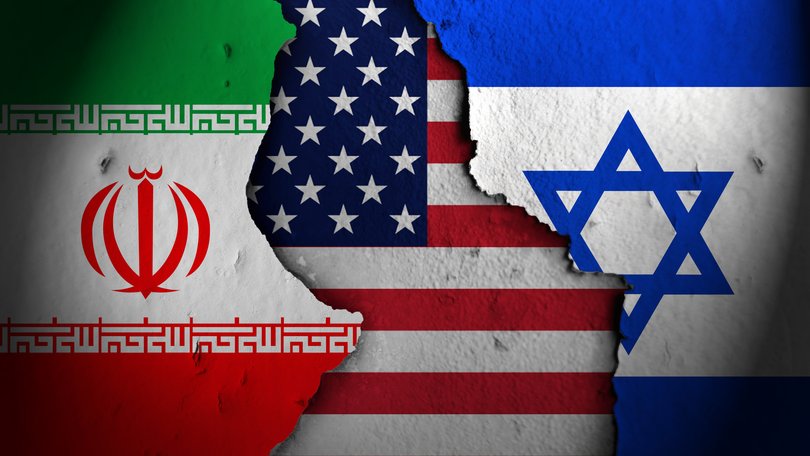EDITORIAL: Lasting peace will depend on neutralised Iran
EDITORIAL: That Iran might accept Donald Trump’s ‘hand of friendship’ may be wishful thinking, but at the end of the war it is now time for that sort of optimism.

After 737 days, the nightmare is over.
The remaining surviving 20 hostages are at long last home in Israel with their families and hundreds of thousands of Gazans are streaming back into their ruined city to begin the arduous task of rebuilding their lives.
The world has watched these scenes unfold, shared in the euphoria and relief felt by those in Israel, Palestine and the wider Middle East.
Sign up to The Nightly's newsletters.
Get the first look at the digital newspaper, curated daily stories and breaking headlines delivered to your inbox.
By continuing you agree to our Terms and Privacy Policy.The return of the hostages and the cessation of Israel’s bombardment of Gaza is a remarkable achievement, for which the United States is rightly being praised across the globe.
The road to get here has been torturous. An estimated 67,000 Palestinians are dead. Gaza is a wasteland of rubble. The conflict has contributed to an explosion in anti-Semitic violence abroad, including within Australia.
And the path to a lasting peace is a precarious one which will depend largely on Hamas agreeing to disarm and give up its chokehold on Palestinian life.
Still, there is hope that this ceasefire will be more than just a temporary pause in the ongoing Arab-Jewish conflict which has raged for much of the past century.
Iran’s regional influence has been greatly weakened
The strategic landscape of the Middle East of today is markedly different from that of two years ago when Hamas sparked this war with the brutal murder of 1200 Israelis on October 7, 2023.
Israel has asserted its military dominance beyond question. The regime of Syrian autocrat Bashar Assad has collapsed.
And Iran, the region’s chief antagonist and destabilising force is at one of its weakest points since the 1979 Islamic Revolution.
When Israel sent a barrage of missiles into Iran in June, the world braced for impact. For years, the assumption had been that to attack Iran would be to invite World War III.
When Iran responded with missile attacks of its own, it appeared for a moment those grim predictions would be proved right.
They didn’t.
Instead, the US acted decisively, sending in B-2 stealth bombers loaded with GBU-57 “bunker busters”, while the rest of the West gnashed its teeth, pleading for “restraint” and “de-escalation”.
By the time the 12-day war ended, a generation of Iran’s nuclear scientists were dead and with them the greatest part of the theocracy’s leverage over the rest of the world. Much of the nation’s aerial defence systems have been destroyed, leaving it more vulnerable to attack.
Iran’s regional influence has been greatly weakened. Its so-called “Axis of Resistance”, comprised of its terrorist proxies Hezbollah, Hamas and Yemen’s Houthis, have been hobbled.
In Egypt, representatives from Arab states including Turkey, Qatar, Jordan, Kuwait and Iraq this week met with US President Donald Trump and other Western leaders to discuss the Gazan peace deal and its arduous rebuild. Absent was Iran.
Mr Trump says the “hand of friendship and co-operation is open” to Iran, should the nation renounce terrorism and recognise Israel’s right to existence. Wishful thinking perhaps. But now, as the end of the war breeds optimism, is the time for wishful thinking.
